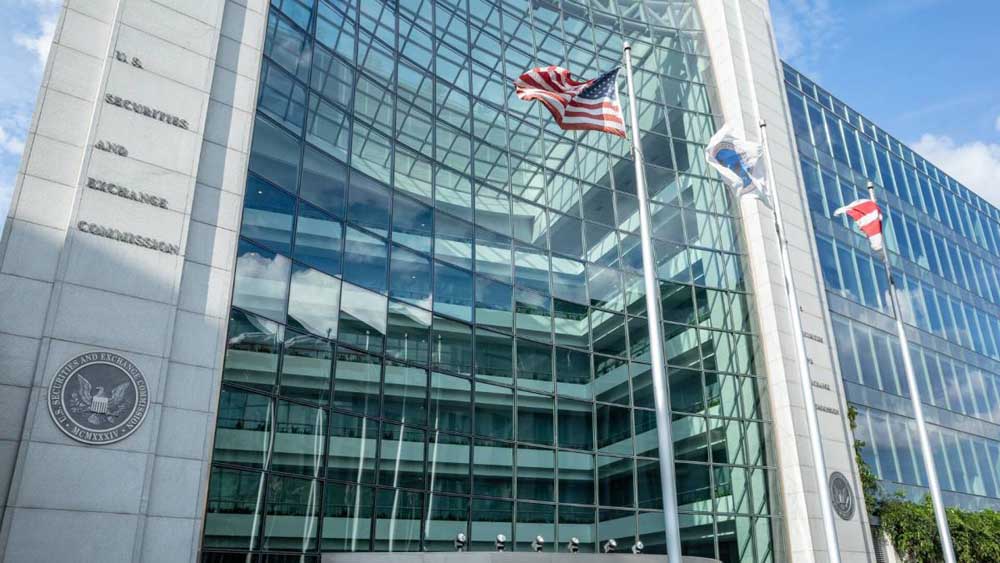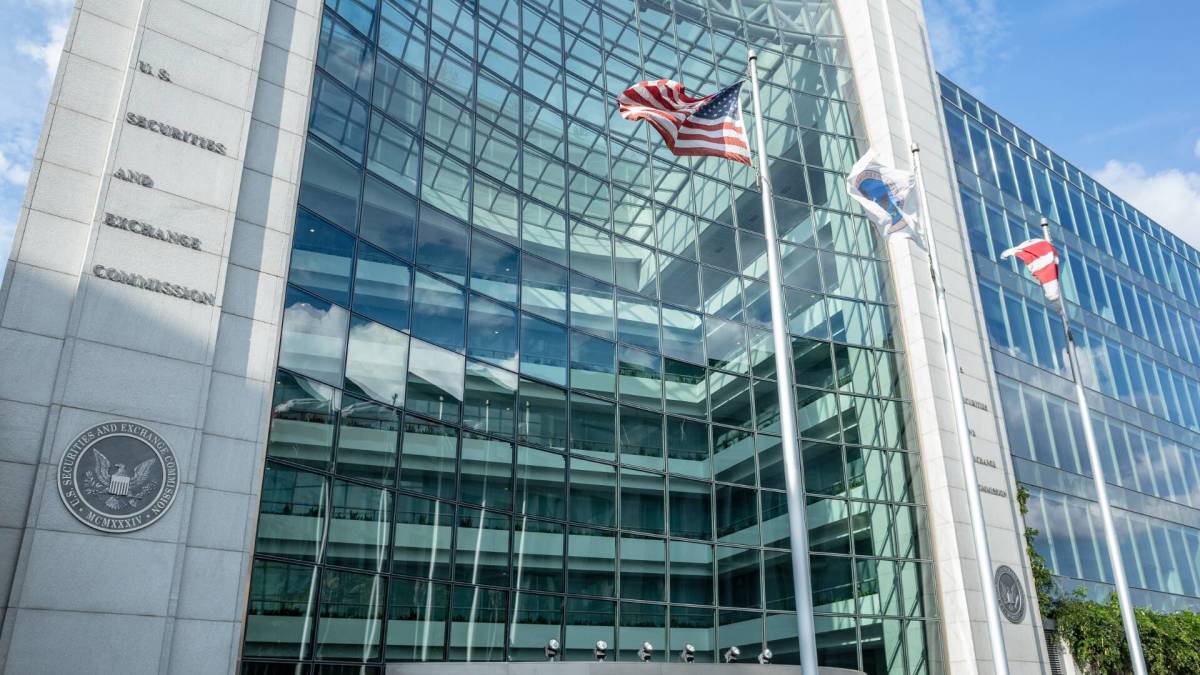Wall Street heavyweight to pay out millions over whistleblower violation
Published 10:31 am Tuesday, January 16, 2024

- The SEC building on Sept. 3, 2022.
On July 21, 2010, President Barack Obama signed the Dodd-Frank Wall Street Reform and Consumer Protection Act into law.
The legislation sought to address the causes of the financial crisis of 2008 and 2009, which wreaked havoc on the market and included such scandals as the collapse of Lehman Brothers and the Bernie Madoff Ponzi scheme.
A section of the act created the Securities and Exchange Commission’s whistleblower program, which pays rewards to people who come forward with information that leads to an SEC enforcement action where more than $1 million in sanctions is ordered.

Shutterstock-Taylor McKnight
Fiscal 2023 was a record-breaking year for the program, the commission said in November, with the agency issuing whistleblower awards totaling nearly $600 million, the most ever awarded in one year.
This included a chart-busting $279 million awarded to one whistleblower.
The commission received more than 18,000 whistleblower tips in fiscal 2023, a record number and roughly 50% more than the previous record, 12,300 whistleblower tips received in fiscal 2022.
The commission also obtained orders barring 133 people from serving as officers and directors of public companies, the highest number of such prohibitions obtained in a decade.
Clients asked to sign release forms
Last month, the SEC announced awards of more than $28 million combined to seven people whose information and assistance led to a successful enforcement action.
“These whistleblowers provided valuable information and substantial assistance that played a critical role in the SEC returning millions of dollars to harmed investors,” Creola Kelly, chief of the SEC’s Office of the Whistleblower, said.
Related: Major investment bank and former trader fined over stock-trade fraud
And now, just a little more than two weeks into the new year, the SEC said on Jan. 16 that JP Morgan Securities LLP, an affiliate of JP Morgan Chase & Co. (JPM) – Get Free Report, has agreed to pay $18 million for violating the whistleblower protection rule.
The financial services giant was cited for “impeding hundreds of advisory clients and brokerage customers from reporting potential securities-law violations to the SEC.”
Between March 2020 and July 2023, the SEC said, JPMS regularly asked retail clients to sign confidential release agreements if they had been issued a credit or settlement from the firm of more than $1,000.
The agreements required the clients to keep confidential the settlement, all underlying facts relating to the settlement, and all information relating to the account at issue.
In addition, even though the agreements permitted clients to respond to SEC inquiries, they did not permit clients to voluntarily contact the SEC.
“Investors, whether retail or otherwise, must be free to report complaints to the SEC without any interference,” said Corey Schuster, co-chief of the Enforcement Division’s Asset Management Unit. “Those drafting or using confidentiality agreements need to ensure that they do not include provisions that impede potential whistleblowers.”
JP Morgan said in a statement that “we take our regulatory obligations seriously and promptly took action to resolve this issue.”
‘Whistleblower industrial complex’?
The SEC said that JPMS, without admitting or denying the commission’s findings, agreed to be censured, to cease and desist from violating the whistleblower protection rule, and to pay the $18 million civil penalty.
More From Wall Street Analysts
- Veteran fund manager picks favorite stocks for 2024
- Analyst who predicted 8% mortgage rates has a new target
- Veteran fund money manager touts ‘sleep-well-at-night’ stocks
The SEC whistleblower program has had its fair share of critics over the years.
In 2022, Judge David Tatel of the U.S. Court of Appeals for the D.C. Circuit said that the rules about which actions make whistleblowers eligible for payouts under the program were not clear.
“This has got to be one of the sloppiest regulations I have ever seen,” he said, according to Reuters.
In a paper entitled “The Whistleblower Industrial Complex,” Alexander I. Platt, associate professor at the University of Kansas School of Law, wrote that the SEC and the Commodity Futures Trading Commission “have effectively privatized the tip-sifting function” that is at the core of the program.
“Private lawyers have likely extracted hundreds of millions of dollars in fees and expenses from these programs, with a disproportionate share going to a concentrated group of well-connected, repeat players.,” he said.
Unlike traditional plaintiffs-side securities attorneys and attorneys who represent clients seeking government payments in many other contexts, Platt wrote that “private whistleblower lawyers operate free from virtually all public accountability, transparency, or regulation.”
“Enforcers may decline to pursue certain potential misconduct because they do not want to anger a prospective future employer when they hope to walk through the ‘revolving door’ to the private sector or because they have come to internalize the views of the industry,” Platt wrote.
In an interview with The Wall Street Journal last year, Kelly, the head of the Whistleblower Office, said that “when I hear about this, the revolving door in our space, I think it’s interesting because it’s never occurred to any of us to favor anybody.”
“I think what’s interesting is that I don’t think people appreciate this enough…that when a whistleblower comes forward, they might have potential exposure,” she said. “We pay whistleblowers to have culpability.”
- Action Alerts PLUS offers expert portfolio guidance to help you make informed investing decisions. Sign up now.






